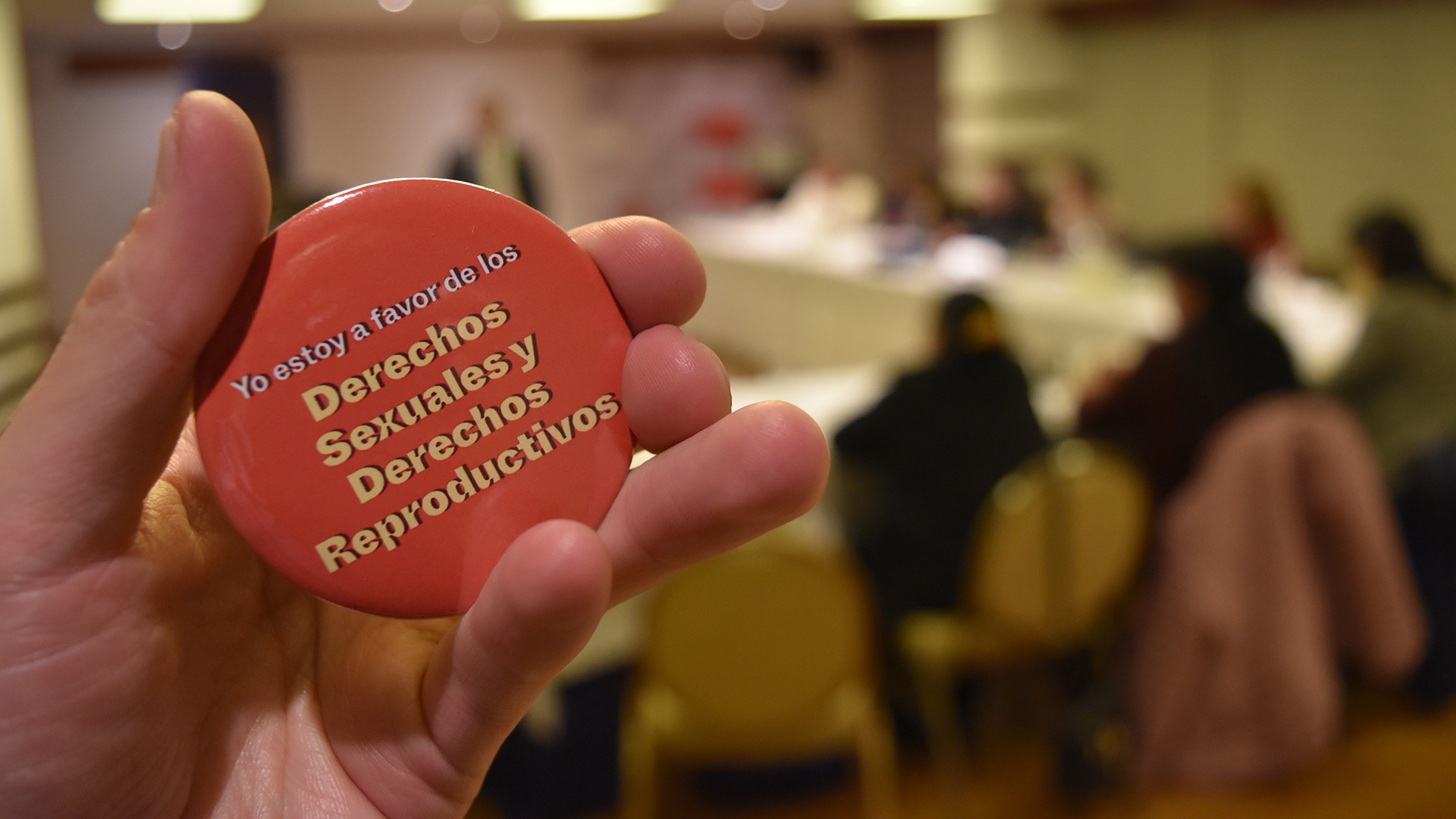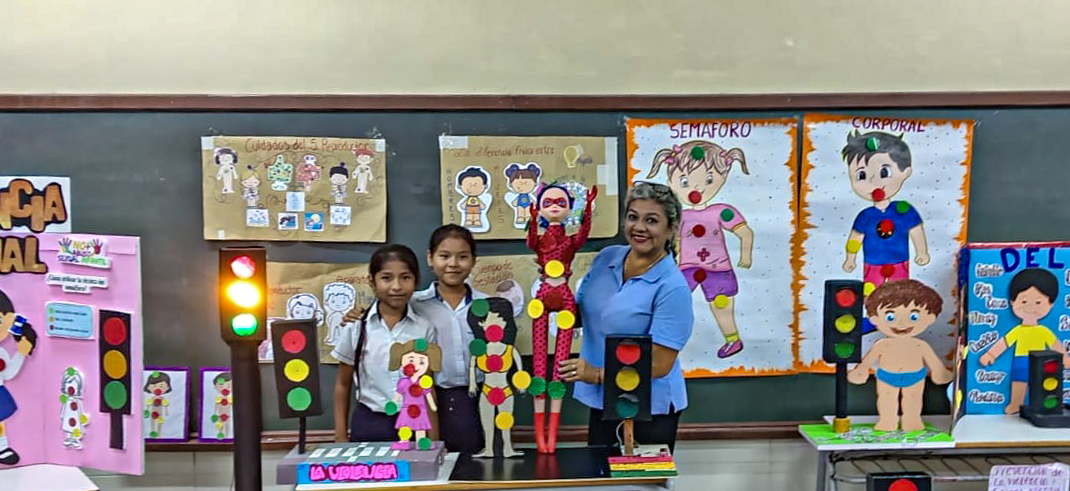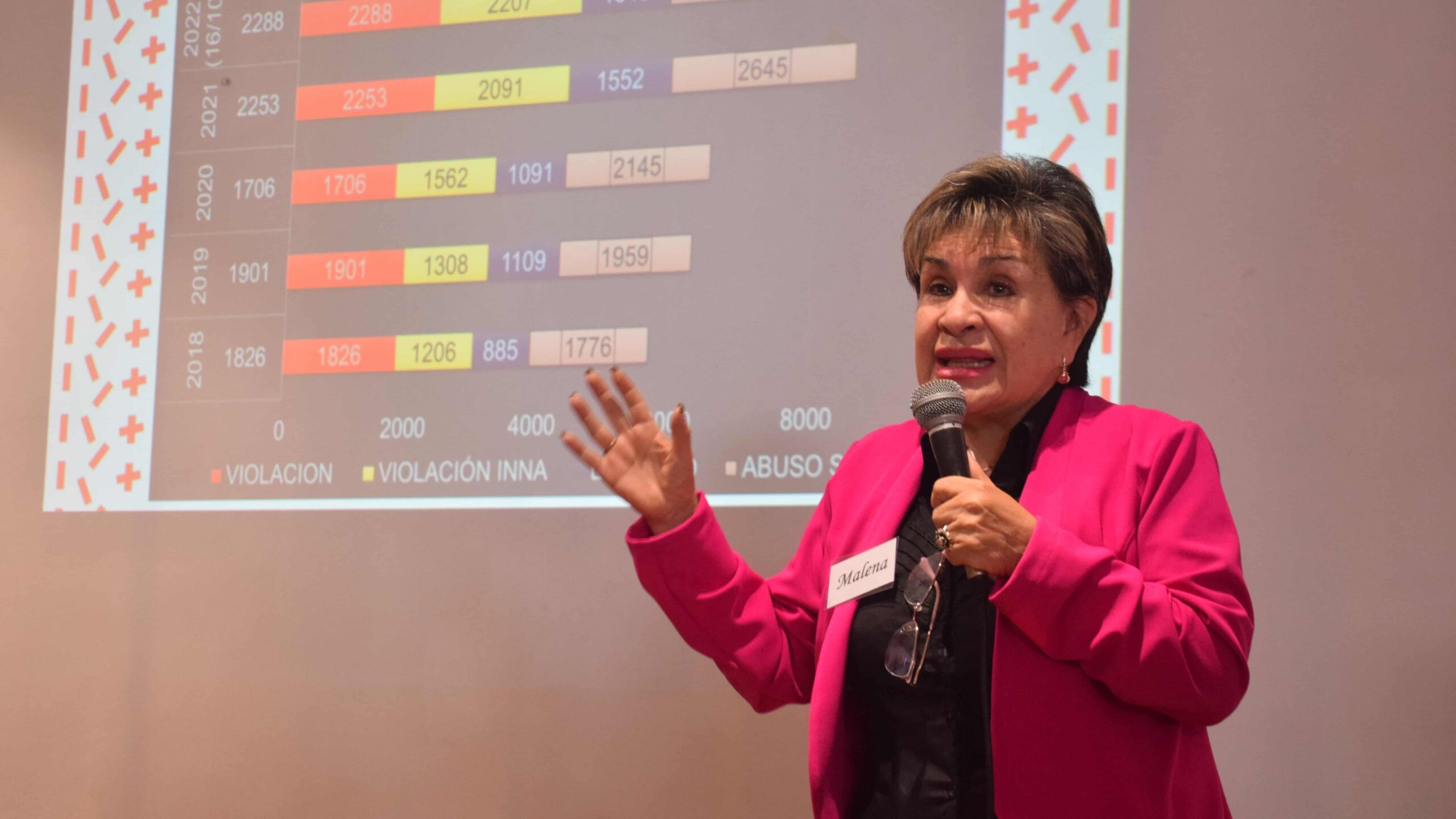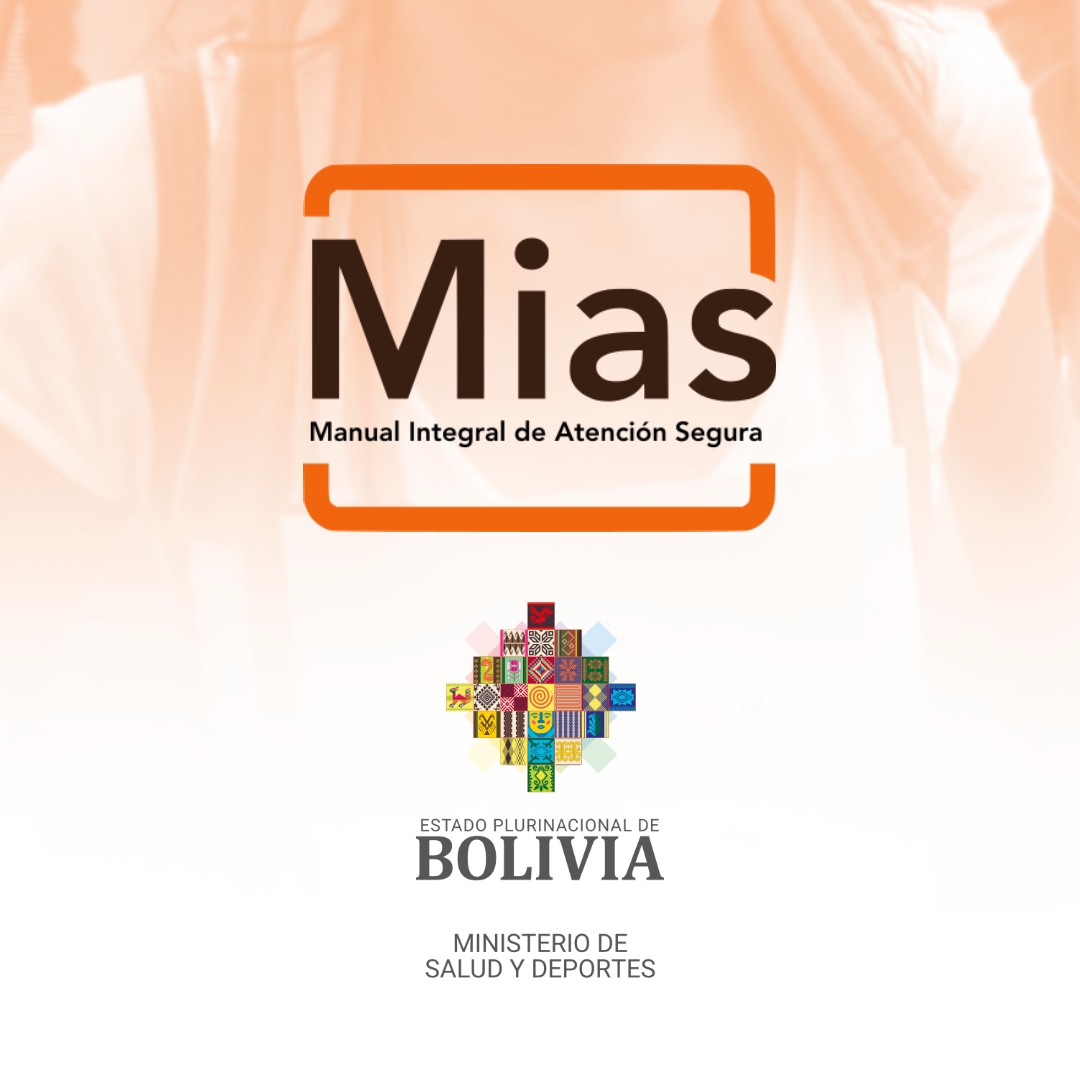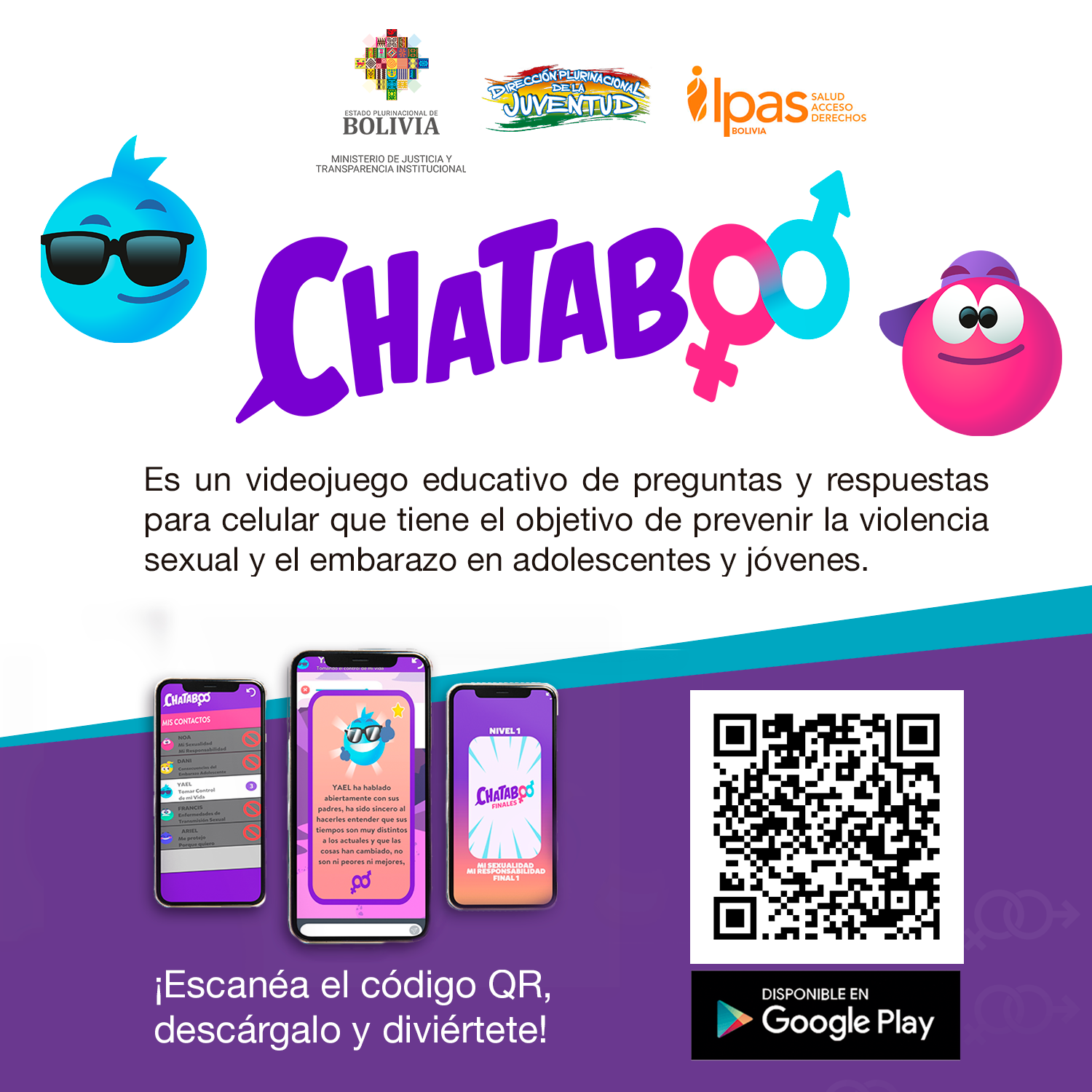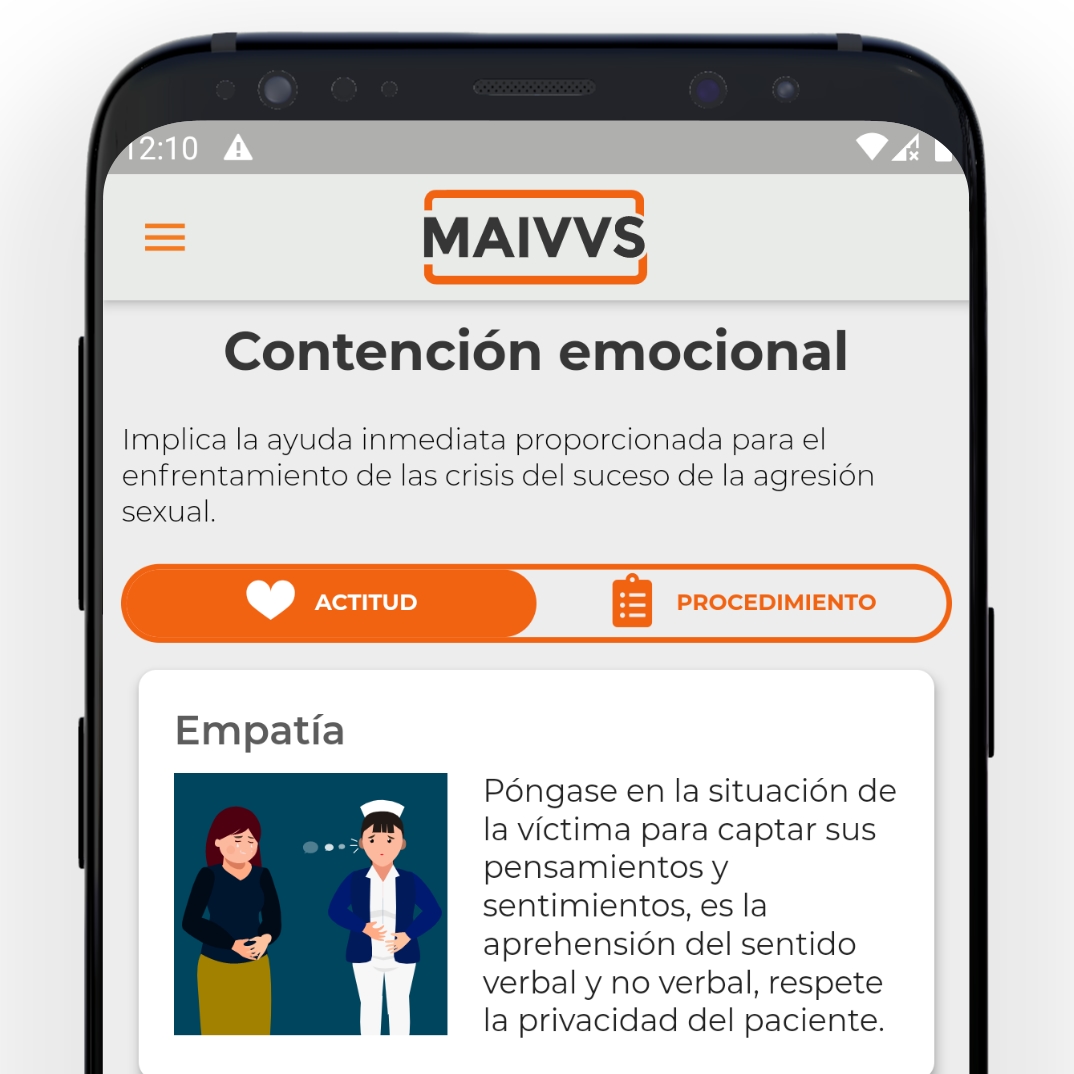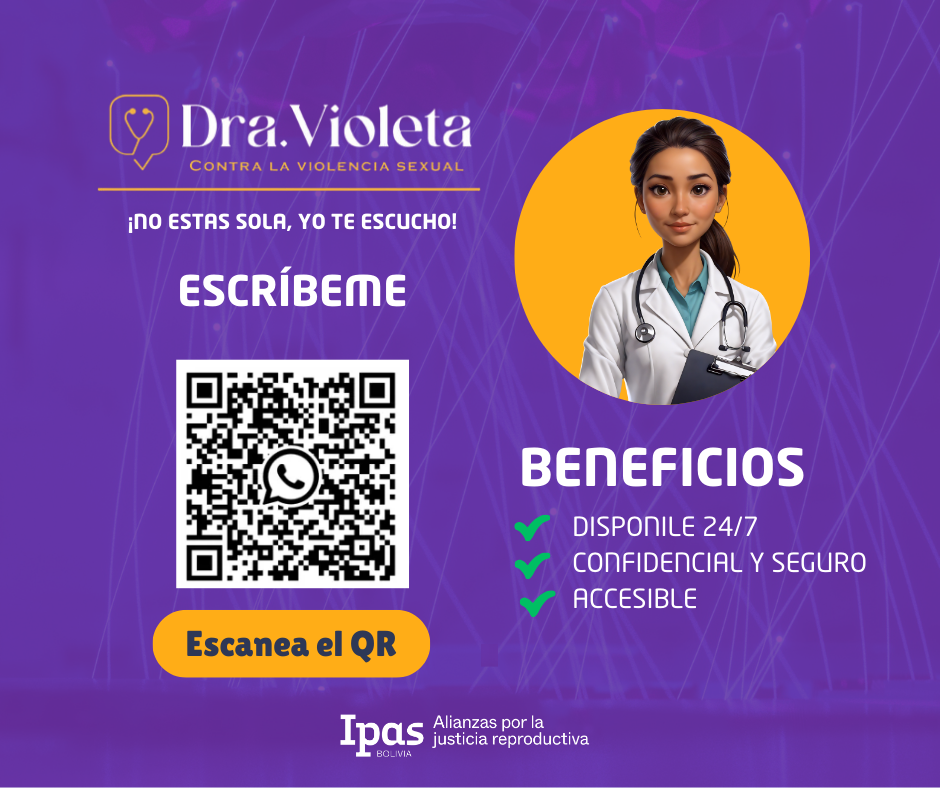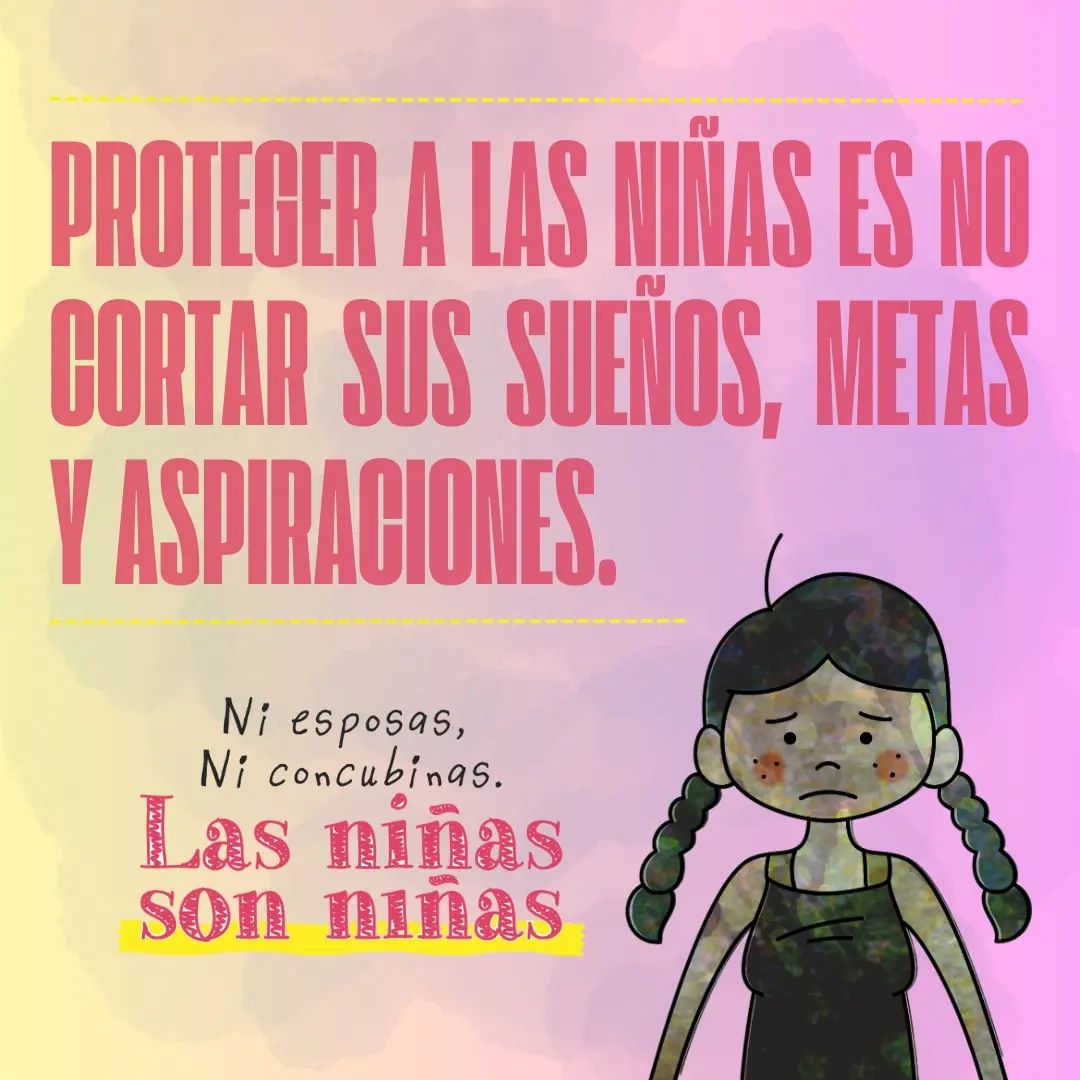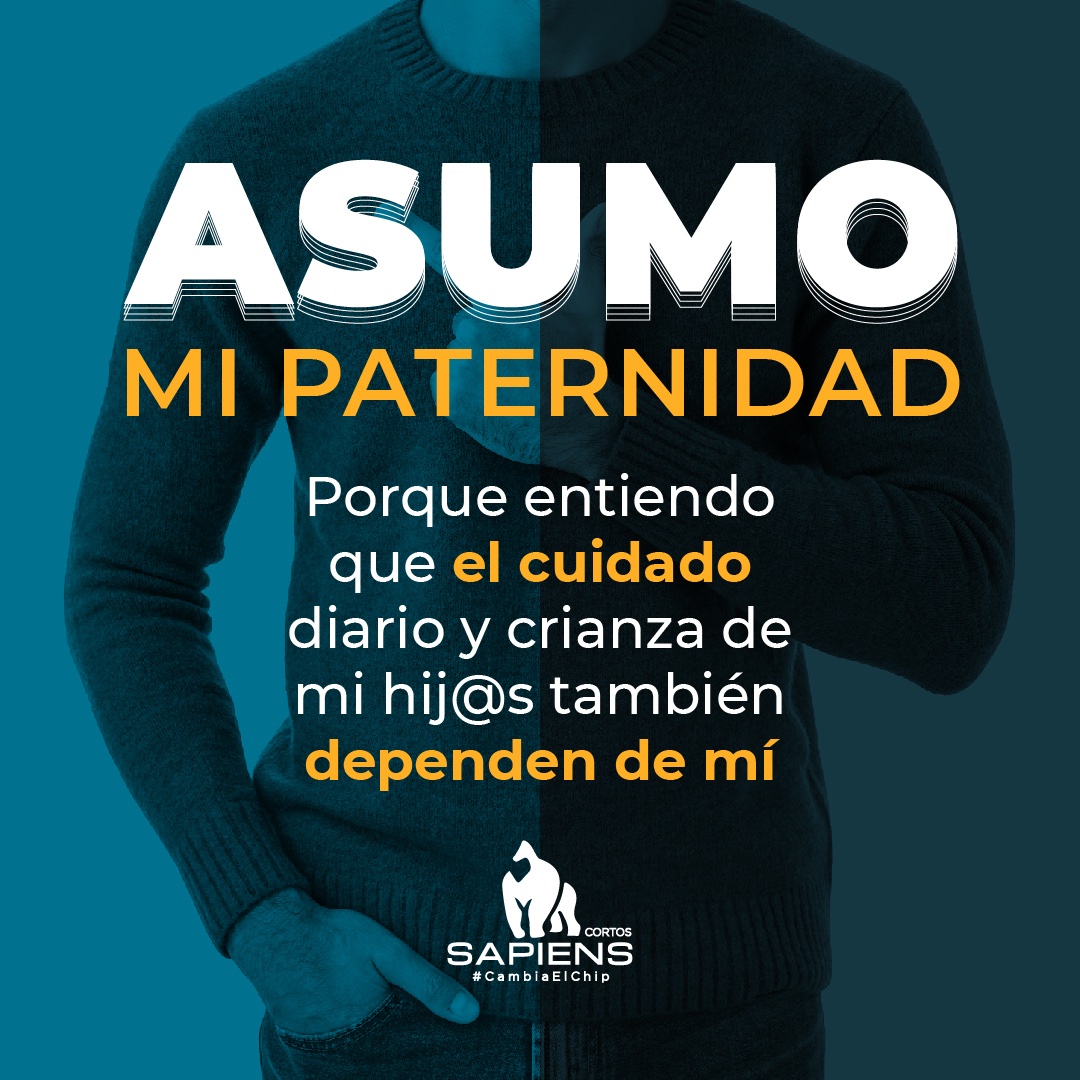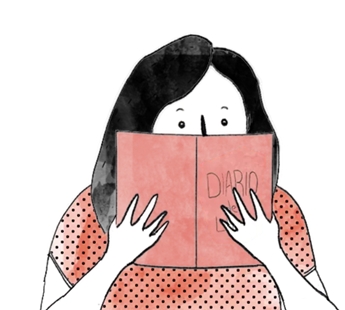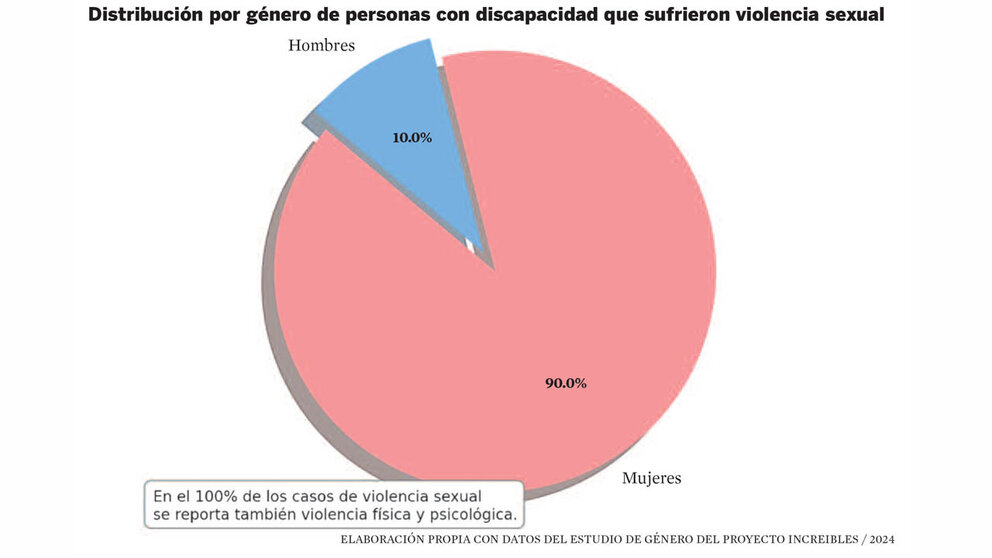Karla (name changed for protection) is the mother of a baby girl. She did not choose to have a baby; she was a victim of sexual violence. She could not report it at the time, because she is a person with an intellectual disability, her family found out about the situation when the pregnancy became evident; and they do not know who the aggressor was.
Karla is more than 20 years old. She lives in a municipality in the lower valley of the department of Cochabamba.
Cases of sexual assault against persons with disabilities are a hidden part of the statistics. There are cases that are not known in time, because the victims cannot verbalize the aggression. Sometimes, they become evident because there is pregnancy or a Sexually Transmitted Infection (STI).
A STUDY During the ‘National Forum on Disability and Work: A Space for Inclusion and Political Advocacy’, held in October 2024, the results of a gender survey conducted with the Incredibles project, between the Progettomondo organization and the Universidad Mayor de San Simón (UMSS), among others, were presented.
The study was conducted in five municipalities of Cochabamba: Tacopaya, Punata, Entre Ríos, Cercado and Sacaba. A total of 108 people with disabilities answered the questions. Most of the respondents were over 25 years of age.
The questions addressed different types of violence, psychological, physical, economic and sexual, all in the family and public spheres.
Family Vacation Packages
The members of the research team found that five out of 10 people responded that they suffered some type of violence. Of these, seven are women (70%).
The results refer to physical violence (blows, kicks, which threaten physical well-being), psychological violence (humiliation, insults and others), economic violence (using the fruit, the work of another person) and sexual violence (acts that violate the sexual rights of individuals, requests for videos or intimate photos, as new forms of sexual abuse).
“Women are the ones who suffer more physical and sexual violence. In men, physical and psychological violence is present, in addition to economic violence.”
In the specific case of sexual violence, in 100% of these there is also physical and psychological violence.
“That indicates a lot about the vulnerability to which these people who come to experience sexual violence in their lifetime are exposed.”
Three out of 10 people with disabilities surveyed responded that they have experienced some type of sexual violence; 90% are women.
The researchers deduce, once the systematization of the results has been completed, that people with disabilities present a double vulnerability in terms of violence.
“It is especially girls and women who are most exposed. They are more vulnerable to suffer sexual violence and physical violence.”
It is emphasized that the aggressors are usually people from the close environment, such as family members. Cases of violence in public environments have a very low percentage.
They emphasize that the authorities, the community, the institutions working with people with disabilities must become a support network.
“When it comes to asking for help, when it comes to reporting, usually people with disabilities turn to friends, to people close to them, to people who are working with them.”
Within the sample of people surveyed, the majority corresponds to people with physical and intellectual disabilities, followed by visual and hearing disabilities.
“Sometimes people don’t want to talk about it, because they see it as private.”
The data reflect the invisibility of gender-based violence against people with disabilities.
According to the study, it is in the municipalities farthest from the city of Cochabamba where most cases of sexual violence against people with disabilities occur. These data coincide with the information provided by the Cochabamba Federation of People with Disabilities (Fecopdis).
Some obstacles and limitations to follow processes
When registering cases of sexual violence against people with disabilities, there are obstacles identified and some limitations to follow the processes. From interviews with officials from different areas, such as human resources, in the framework of the gender study conducted with the Incredibles project, the results indicate that, although the officials are aware of the vulnerability, they are not very clear about the intersection with gender issues.
When asked about the laws and activities of people with disabilities, they state that there are fairs and programs, but they do not know everything.
In municipalities far from the city of Cochabamba, they recognize that time is limited for the authorities to follow up on cases.
These aspects increase the difficulties for people with disabilities. On the other hand, the head of Case Follow-up and Control of the Special Force to Combat Violence (FELCV) of Cochabamba, Nidia Gutiérrez, said that the personnel of institutions in charge of these issues have contracts of a few months, so the follow-up of the complaints is not guaranteed.
The situation is similar in the National Program of Social and Legal Services for Persons with Disabilities (Pronassle). The Secretary of Finance of the Cochabamba Federation of People with Disabilities (Fecopdis), Herminia Fernandez, supports the need for contracts to be for at least one year.
“They are only for three months. They should make the corresponding arrangements and the contract should be for at least one year, so that the work that is being done does not come to nothing, nor that there is a vacuum for the victim, because then they have to wander and there is even re-victimization”. They hope that in 2025 the situation will be more stable.
CASES AND COMPLAINTS The Special Force to Combat Violence (FELCV) in Cochabamba has few cases of sexual violence against people with disabilities.
Nidia Gutiérrez, head of Follow-up and Case Control of the FELCV, informed that they register between one and two cases per year. She referred to a deaf person and another with motor disabilities, who made complaints last year.
Meanwhile, there are girls and adolescents with disabilities who have been victims of sexual violence who are being cared for in institutions such as Fundación Una Brisa de Esperanza (FUBE).
FUBE’s lawyer, Carmen Arispe, explains that there are no statistics on this type of cases.
“At the Center, we have met some cases of children with disabilities. It is definitely one of the most vulnerable populations. The victim with a disability often cannot even tell what has happened. We have had cases of girls who have realized that they have been victims of sexual violence because they had advanced pregnancies and, in the case of many girls, for example, since they cannot verbalize situations of sexual violence, we do not have the possibility for them to have access to justice”.
Recognizes the difficulty of working with this population in the face of these crimes. He stresses the importance of staff training and adequate tools to provide support, “break the silence” and have their voices taken into account.
FUBE implements a variety of approaches for dealing with minors with disabilities who are victims of sexual violence.
“When they are girls with disabilities who have difficulty speaking, we have anatomically correct dolls that they can use and, through signs or the manipulation of objects, information can be obtained. We also have girls with visual impairment or deafness, so we use translators. We see some mechanisms to support these girls.
STATISTICS AND SILENCE Arispe relates the lack of statistics to the difficulty of breaking the silence.
“Girls, many times, never report what has happened, and they are much more vulnerable because they definitely won’t be able to defend themselves, they won’t even be able to verbalize a situation of sexual violence.”
He relates that there are cases that were discovered because the victim had an advanced pregnancy or an STI.
“If there weren’t these indicators, maybe that family would never have found out that this child was being a victim of sexual violence.”
Family Vacation Packages
FUBE currently serves six to seven victims of sexual violence who have some type of disability.
Article 308 Bis of the current Penal Code contemplates rape of an infant, child or adolescent as an autonomous criminal offense and also aggravates all crimes against sexual freedom when the victims are children or adolescents. This crime is punishable with imprisonment.
The story of these girls is similar to that of Karla, who has an intellectual disability. She is more than 20 years old. She lives in a municipality in the Valle Bajo de Cochabamba. She was a victim of rape, she had a daughter and the aggressor is unknown.
The Treasury Secretary of the Cochabamba Federation of People with Disabilities (Fecopdis), Herminia Fernandez, reports that they learned of serious cases of people with disabilities, including girls and adult women, which are followed up through the National Program of Social and Legal Services for People with Disabilities (Pronassle), under the Ministry of the Presidency.
“In Cercado, we have not seen many such strong cases this year, but in other municipalities, there are. As Fecopdis we have seen this violation of rights, this mistreatment, even from their own family.”
He said they have heard of cases of victims who are intellectually and hearing impaired.
“Unfortunately, our justice system acts in an inadequate manner. Sometimes there is discrimination against our sector. Sometimes, they do not believe them; or the families themselves, for fear that they will be affected, do not denounce; and it goes unpunished.”
Karla’s case became known through the organization of people with disabilities in her municipality. She lives in the rural area.
“She doesn’t know who the father is, there is no one to accuse. The family itself doesn’t know who to accuse, who to point the finger at and, in the end, it stays that way,” Fernandez says.
Currently, Karla’s family is taking care of the child.
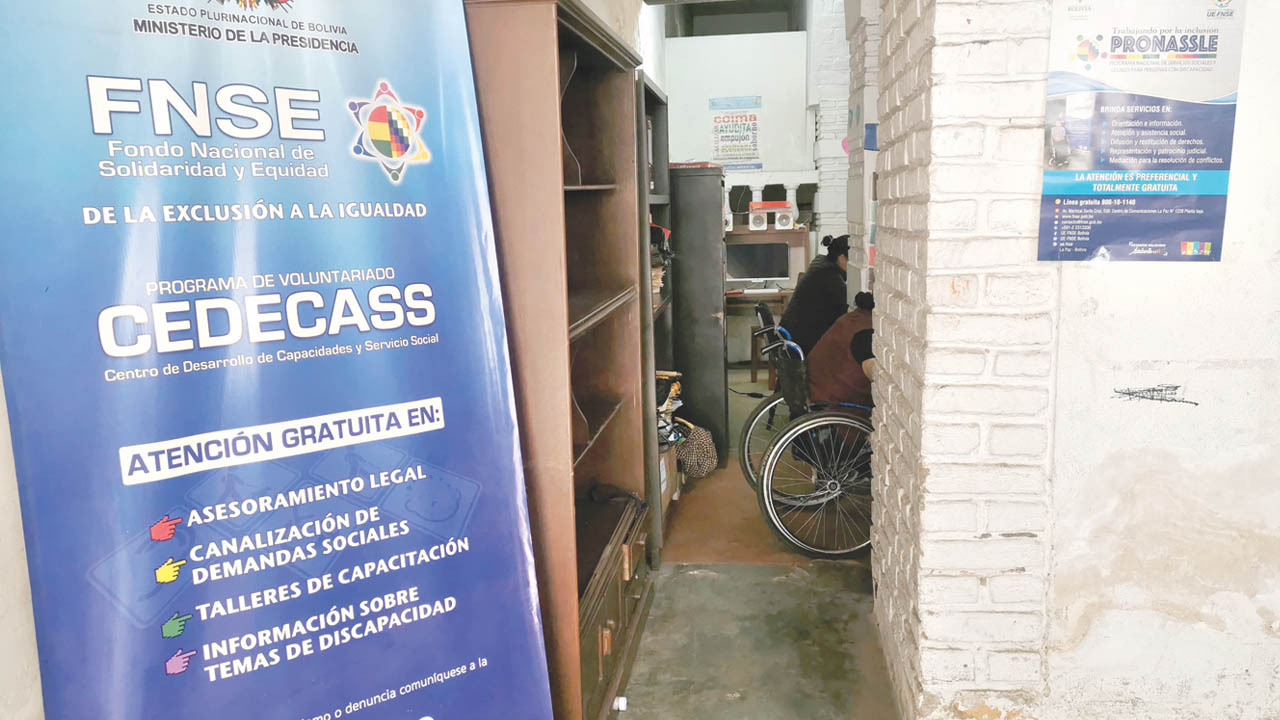
AN EXPERT VOICE The FUBE lawyer emphasizes the importance of working in coordination with different institutions to deal with and follow up on these cases.
“We have to have specialization in handling cases with disabilities, depending on each disability, and coordinate with the institutions that work with this issue. We have had institutions that have supported us a lot, that work with disabilities, especially on the issue of testifying in trials.”
The need for agencies that work with people with disabilities, especially if they are minors, to provide them with safe spaces, from the physical to the emotional.
This report has been produced in the framework of the Course: Sexual and Reproductive Rights on the agenda, implemented by Catholics for a Free Choice, with the support of UNFPA and KOICA.
Some obstacles and limitations to follow processes
In the registration of cases of sexual violence against persons with disabilities, there are identified obstacles and some limitations to follow the processes.
From interviews with officials from different areas, such as human resources, as part of the gender study conducted with the Incredibles project, the results indicate that, although officials are aware of vulnerability, they are not very clear about the intersection with gender issues.
When asked about the laws and activities of people with disabilities, they state that there are fairs and programs, but they do not know everything.
In municipalities far from the city of Cochabamba, they recognize that time is limited for the authorities to follow up on cases.
These aspects increase the difficulties for people with disabilities.
On the other hand, Nidia Gutiérrez, head of Case Follow-up and Control of the Special Anti-Violence Force (FELCV) of Cochabamba, said that the personnel of the institutions in charge of these issues have contracts of only a few months, so that the follow-up of the complaints is not guaranteed.
The situation is similar in the National Program of Social and Legal Services for Persons with Disabilities (Pronassle). The Secretary of Finance of the Cochabamba Federation of People with Disabilities (Fecopdis), Herminia Fernandez, supports the need for contracts to be for at least one year.
“They are only for three months. They should make the corresponding arrangements and the contract should be for at least one year, so that the work that is being done does not come to nothing, nor that there is a vacuum for the victim, because afterwards there is a pilgrimage and there is even re-victimization”.
They expect the situation to be more stable in 2025.
FOR APPOINTMENTS:
To report Umadis or SLIM
Victims of sexual violence can make complaints through the municipal units of attention to persons with disabilities (Umadis). If the municipalities do not have this unit, cases can be brought to the attention of the integral municipal legal services (SLIM).
FECV
These cases can also be reported to the Special Force to Combat Violence (FELCV).
The head of Case Monitoring and Control of the FELCV of Cochabamba explains that, upon learning of cases of this type, other institutions are activated, such as the Umadis, SLIM or the Ombudsman for Children and Adolescents, in the case of minors.
The psychosocial work is left in the hands of these institutions. The police handle the investigative part. They also refer the case to the Prosecutor’s Office.
It should be clarified that the FELCV handles cases of crimes that occur within the family environment, up to the fourth degree of consanguinity and second degree of affinity.
FELCC
In the case of victims of persons outside the family environment, the case is handled by the Special Force for the Fight against Crime (FELCC), either through the Minors and Family Division or the Persons Division.
Victims may approach any police unit, and will receive guidance for the process.
Pronassle – Fecopdis
Victims can go to Pronassle, at the Fecopdis offices. These offices are located in the Casa del Deporte, on España Street almost Heroínas.
Pronassle’s lawyer, Neyer Escobar Encinas, reports that they do not have a multidisciplinary team (with professionals in social work, psychology and law). In order to file a complaint, a psychological approach is necessary. Therefore, they receive counseling in this institution.
“We, as a program, do the follow-up. Obviously, we are also constituted as a plaintiff, as representatives of people with disabilities.”

